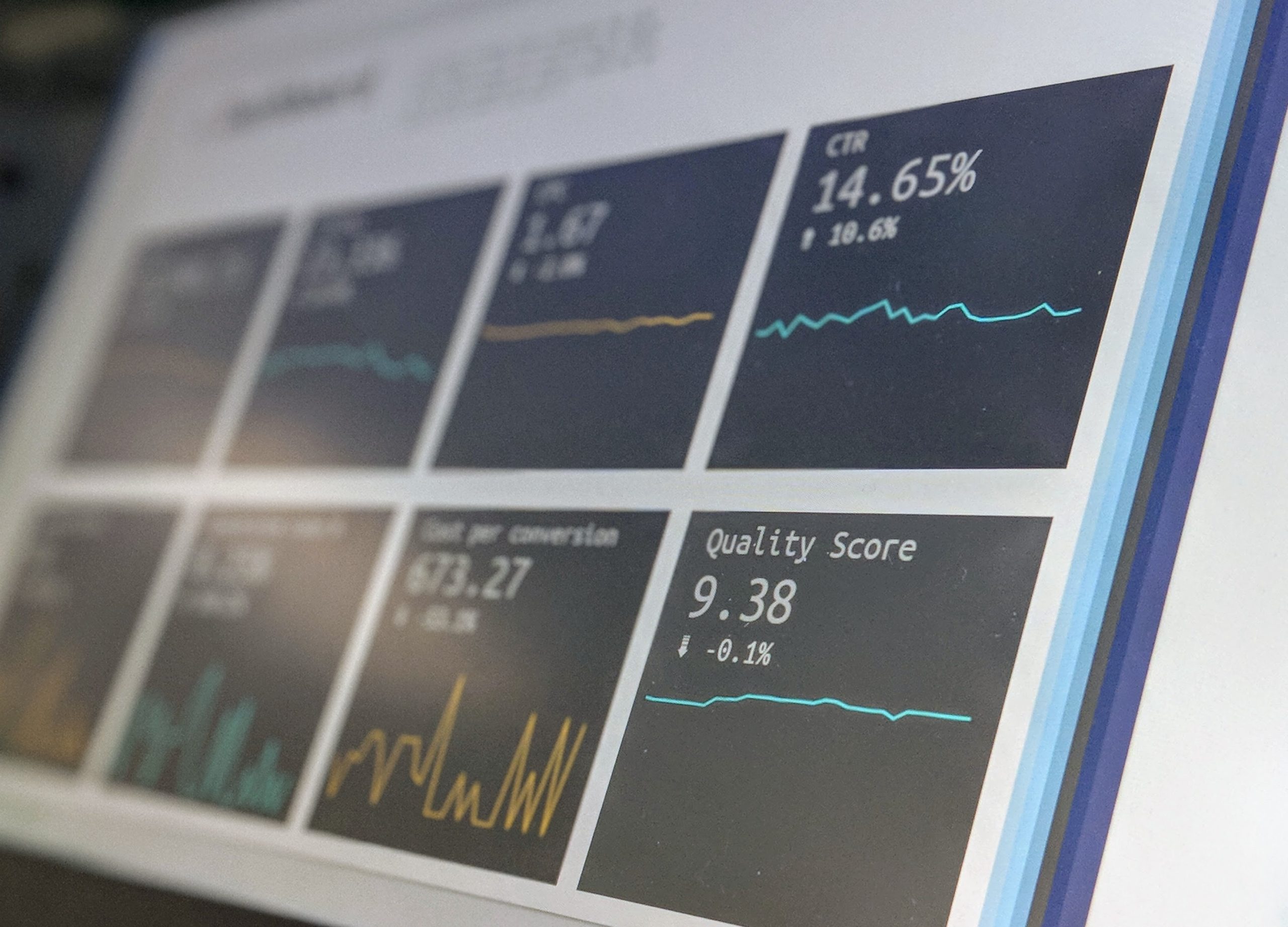You can improve your sales and marketing strategies by asking the right win-loss survey questions. Here is how to study why customers choose to do business with you—or your competitors.
Benefits of conducting win-loss surveys
Conducting win-loss research is how you can uncover the factors that most influence decision-makers and gain insight into the processes and reasoning that go into how customers make the choices they do.
While your sales team reps can sometimes give you a little insight into why a deal was signed or why a customer went with a competitor, that information is likely highly biased. They won’t want to admit to any of their own shortfalls and customers rarely confide the real reasons behind a decision to them. A survey gives you a complete and unbiased view of the customer experience.
A win loss survey can help you gain competitive intelligence from valuable insights, see what is and isn’t working with your own efforts, identify won opportunities, understand buyer priorities and perceptions, and guide future product development. You will be able to fine-tune–or perhaps completely overhaul–your marketing strategies and sales processes when you have a detailed understanding of how you win and lose customers.
The overall result will be a dramatic improvement in your success rate.
Designing an effective win-loss survey project
Before we dive into what specific win-loss survey questions to ask, here are a few considerations for setting up the research.
The most important element in designing your survey is selecting the customers and prospects you want to interview. You want to have a mix of respondents to represent won opportunities and business lost. And within customer companies, you want to talk to people who were deeply involved in making the decision. Remember that including the right people in the survey is vital to getting useful B2B data.
Designing the survey is also a critical step. You’ll get a better result if you hire someone with experience to conduct it. Having a sales rep do the interviewing will skew the results. Besides giving you an unbiased view of decision-making, a professional sales rep can help with key questions such as determining how long the win-loss interviews should be, when it can be scheduled, and what questions to ask in what order.
“Be very clear on your objectives,” says Patiwat Panurach, NewtonX’s VP of Strategic Insights and Analytics. “Your objectives drive what goes into the study and who you sample.”
Consider conducting win-loss analysis surveys at regular intervals. While a single study provides an interesting snapshot, you’ll want to track trends and measure the impact of new strategies, messages, and processes as you fine-tune your efforts over time.
Types of questions to ask in a win-loss survey
Similar to choosing persona survey questions or customer retention questions for a study, a well-designed win-loss survey will need to ask the right things to gain valuable insights and measure customer satisfaction. The list below is just a starting point for thinking through a survey. You’ll want to ask questions that are specific to your industry, your customer base, and your sales process.
Demographic questions
With these win loss interview and survey questions, you won’t be looking for personal information. These questions are meant to classify decision makers by title, seniority, and role in the sales cycle. Ask questions such as:
- What is your job title?
- How long have you been with the company?
- How long have you been in your career?
- What are your responsibilities?
- What is your role in making decisions like these?
- Who else was involved in the decision and how
Decision-making questions
The next set of questions seek to explore details of the process.
- How did you come to decide you needed a product/service like ours?
- How did you explore your options for vendors?
- How did you gather requirements?
- What were your must-haves?
- Describe your buying process for evaluating options.
Feedback questions
The last set of win loss interview questions explore how the decision process progressed and what influenced the end choice.
- What did you know about us at the beginning of the buying process? What did you think of us?
- What competitors did you evaluate?
- How did you view competitors?
- Did your thoughts about us change over the course of the sales process?
- How well did we align with your requirements?
- What factors narrowed down your options to a short list?
- What were our strengths and weaknesses?
- What communications were most helpful in evaluating us (demos, presentations, tours, RFP responses, etc.)?
- What additional information/communications would have been helpful?
- How was our sales process different from the others? What could make it better?
- What were the ultimate deciding factors?
Conduct highly effective win-loss surveys with NewtonX
Other than measuring sales performance and customer satisfaction, the results of your win-loss survey will have far-reaching value, so doing it right is vital. Picking the right people is as important as picking the right questions. Working with a specialist with extensive experience in B2B market research services will save you time, effort and money. Talk to us today if you have any questions about how a win-loss analysis survey can benefit your business.

